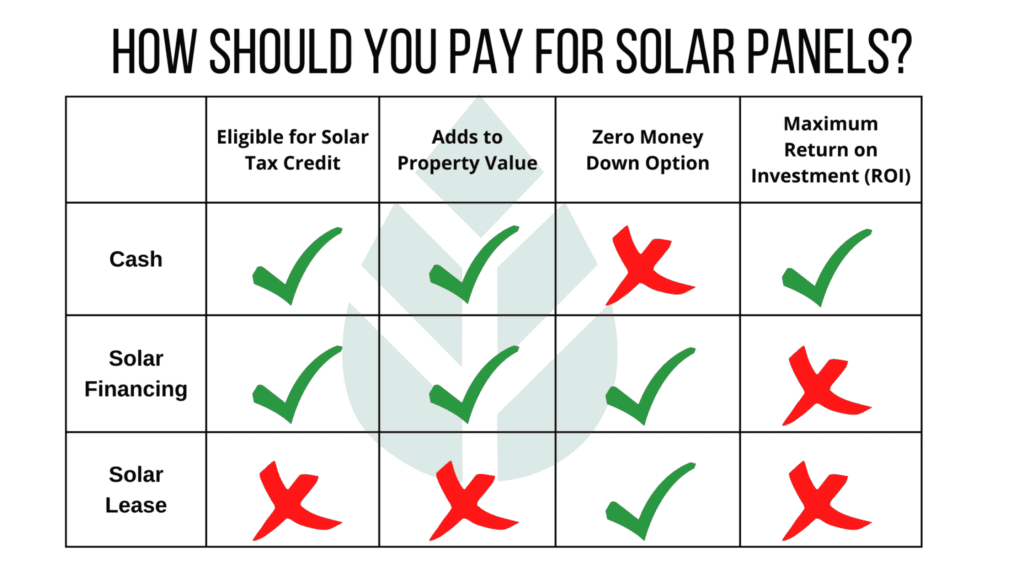
Empowering Homeowners through Residential Solar Financing
Investing in residential solar projects is a transformative journey towards sustainable living. This article explores the dynamics of residential solar financing, shedding light on the various options available to homeowners looking to embrace clean, solar-powered solutions for their homes.
Understanding the Importance of Solar Financing
Residential solar financing plays a pivotal role in enabling homeowners to harness the benefits of solar energy. While the long-term savings from solar power are substantial, the upfront costs can be a barrier. Financing options bridge this gap, making solar technology accessible to a broader audience and facilitating a shift towards environmentally friendly and cost-effective energy solutions.
Exploring Solar Loans: Tailored Financing Solutions
Solar loans stand out as a popular and flexible residential solar financing option. These loans are specifically designed for solar projects, offering homeowners the necessary funds to cover the installation costs. With competitive interest rates and various repayment terms, solar loans provide a tailored financial solution, allowing homeowners to reap the benefits of solar energy without a substantial initial investment.
The Appeal of Solar Leases: Pay-As-You-Go Solutions
For homeowners seeking a hassle-free approach to residential solar financing, solar leases present an attractive option. With a solar lease, homeowners essentially rent the solar panels and pay a fixed monthly amount. This pay-as-you-go model requires minimal upfront costs, making solar energy accessible without the need for significant capital. Additionally, solar leases often include maintenance and monitoring, offering a worry-free solar experience.
Power Purchase Agreements (PPAs): Performance-Based Financing
Power Purchase Agreements (PPAs) offer a performance-based approach to residential solar financing. In a PPA, homeowners agree to purchase the solar power generated by the system at a predetermined rate. This allows homeowners to benefit from solar energy without owning the system. PPAs are particularly appealing as they align the cost of energy with the actual performance of the solar installation, ensuring homeowners only pay for the power they use.
Government Incentives and Rebates: Boosting Affordability
Government incentives and rebates significantly enhance the affordability of residential solar projects. Many governments offer tax credits, grants, and rebates to incentivize homeowners to adopt solar technology. These financial perks, coupled with residential solar financing, substantially reduce the overall cost of solar installations, making clean energy solutions more accessible and appealing.
Home Equity Loans: Leveraging Property Value for Solar Investments
Homeowners can leverage their property’s equity through home equity loans to finance solar projects. This form of residential solar financing allows homeowners to tap into the equity they have built in their homes and use it to fund solar installations. While interest rates may vary, home equity loans provide a familiar financing avenue for those comfortable using their property as collateral.
Community Solar Programs: Shared Benefits, Shared Costs
Community solar programs offer a communal approach to residential solar financing. In these programs, homeowners contribute to a shared solar installation, typically located off-site. Participants benefit from the generated solar power, and the costs are distributed among the community. This model provides homeowners with an opportunity to participate in solar energy without installing panels on their own properties.
Financial Institutions and Solar Partnerships
Collaborations between financial institutions and solar companies are increasingly common in the realm of residential solar financing. Banks and credit unions partner with solar providers to offer specialized financing packages. These partnerships streamline the financing process, providing homeowners with dedicated support and attractive terms for their solar investments.
Navigating the Residential Solar Financing Landscape
As residential solar financing options continue to evolve, homeowners are presented with a diverse array of choices. Navigating this landscape involves assessing individual financial goals, considering the available incentives, and exploring partnerships with reputable solar providers. With the right residential solar financing strategy, homeowners can embark on a sustainable energy journey that aligns with both their environmental and financial objectives.
To explore more about the dynamics of residential solar financing and find the right option for your home, visit Residential solar financing. Empower your journey towards clean and sustainable energy for your residence.
